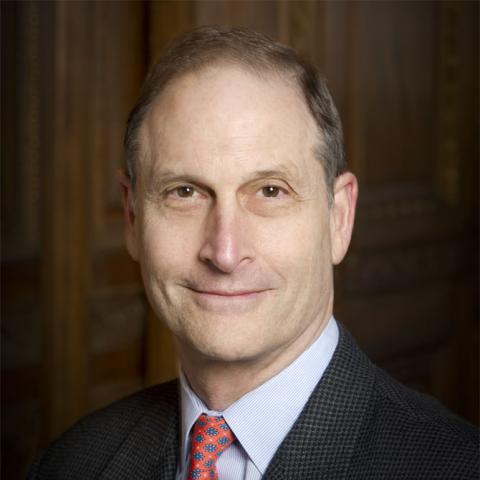So, what’s the big deal about drug prices?
Americans believe in markets. Some think that markets should govern health care, just like other economic sectors. In fact, a common critique of the current health care system is that the government is too involved, and should get out of the way so free markets can work their magic on costs and quality of care. That’s one rationale for so-called consumer-directed health plans that impose high deductibles and copayments to make patients more cost-conscious.
So, what’s the big deal when a private company raises the price of a drug, or introduces a pricey new one? Imagine if John Deere marketed a new tractor for $100 million dollars each, or Intel a new chip for $1 billion a pop, or General Electric a new jet engine for $2 billion. Analysts might scoff at the company’s bad judgment. The product might not sell. Stock values might fall. CEOs—or more likely, some underlings—might get fired. But you wouldn’t hear politicians and editorial pages calling for the regulation of tractor or chip or jet engine prices, or for insurance to cover their escalating costs.
Why all the uproar about drug prices? The answer: humans. People feel differently about drugs, and many other health care products, than they do about the myriad other things that get bought and sold, without controversy, in normal markets. Lots of Americans are just deeply uncomfortable with the idea that other humans could die or suffer needlessly because they couldn’t afford a pill—just a little pill, for heaven’s sake!—that could have made them better. (Some also really resent apparent profiteering by companies exploiting an unfair edge, but that is a slightly different issue.) When it comes to life, death, and suffering, many Americans act as if they think market efficiency is less important than caring for others.
And it’s precisely this attitude that has made many of the governmental programs involved in health care—Medicare, Medicaid, the VA health system, community health centers—so complicated and seemingly resistant to market-oriented reforms like raising Medicare premiums or introducing more cost-sharing into Medicaid. Government is involved in health care because Americans deeply desire the health care protections government provides.
Markets are a human creation, and humans can limit or disband them. When it comes to drugs—and health care goods and services generally—Americans seem willing to do just that.
Now there are some other reasons why drugs and their prices may be different from other products. One is patent law. New drugs often enjoy legal protections from competition if they can show that they meet certain standards for novelty and usefulness. These legal protections are time limited, but while in place, the resulting monopolies allow companies to charge pretty much whatever they want.
Sometimes other companies produce similar products based on different intellectual property (with their own patent protections) and competition works to bring prices down (though not necessarily make them affordable). But other times—and especially with complex new biological agents—these competing products don’t materialize, at least for some time.
Another difference between drugs and other products sold in free markets is the role of federally supported research. The federal government spends more than $30 billion annually on research and development fostering the discoveries that lead directly or indirectly to many of the new drugs marketed by private companies. Much of the federal money goes to universities and academic medical centers that are nonprofit and publish their results in scientific journals that are available for all to read virtually free of charge. Private companies use this new knowledge to inform drug development. Occasionally, academic inventions are licensed to private companies for additional development at little or no cost and modest future royalties for the academic centers. But in neither case are there provisions for assuring that public has access to the resulting drugs. Thus, the taxpayers who supported the critical R&D underlying some high-priced new drugs may be unable to afford the products that their investments helped to create. To many, this seems fundamentally unfair.
A third special characteristic of drugs is that government buys a lot of them for the elderly, disabled, poor, and veterans. This means that high prices could raise taxes.
Still, these three peculiarities of drugs and drug markets don’t seem sufficient to explain the outrage that recent drug-pricing decisions have generated. After all, patents play a role in other economic sectors—in the chip and software markets, for example—without leading to calls for government intervention. The government supports R&D in the nonbiological sciences that result in new products as well.
The government’s role as a drug purchaser has also played a part in drug pricing discussions, and revived talk about allowing Medicare to negotiate better prices with drug companies. This is partly driven by concerns that the government may no longer be able to provide the drugs to all who need them.
In the end, the specialness of drugs comes down to how people feel about other people, and their own and their loved ones’ vulnerability to the killers and cripplers that we all fear. People are angry about drug prices because they think they’re just inhumane.
